A problem in agricultural production is how to handle the huge amount of waste, of which a large proportion is organic waste. The Farmers' Association of Thai Binh province has sought solutions from organic waste treatment models, aiming towards sustainable agriculture.
Last year, Mr. Bui Van Duoc in Phu Coc village, Nam Binh commune, Kien Xuong district was the pioneer in applying the model of treating stubble with biological products on an area of 7 hectares of rice fields and brought high economic efficiency. This year, Mr. Duoc continues to implement this model. Because he realizes that this is an important transition from the traditional plowing method to using biological products to improve soil quality and increase crop yields.
Mr. Bui Van Duoc - Phu Coc Village, Nam Binh Commune, Kien Xuong District: Before, I used to plow the stubble into the ground, when planting the stubble it was very difficult to decompose. After being trained in the technique of treating stubble with biological products, I found that the soil was more porous, richer in humus, the rice plants grew healthier and had fewer pests than before, the yield increased by about 2kg/sao, helping me earn an additional 43,000 VND/sao each crop. | 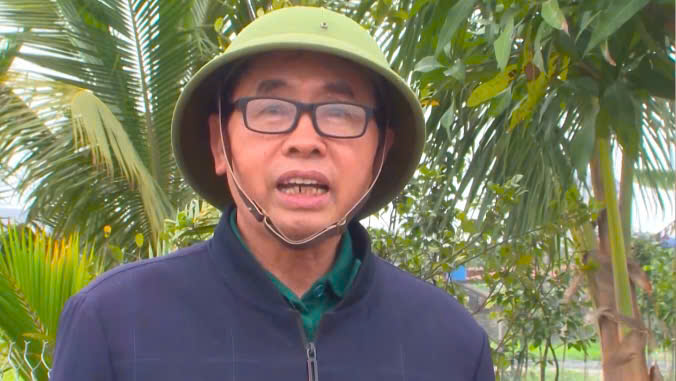 |
Instead of wasting crop by-products such as straw, corn stalks and leaves or burning them, causing environmental pollution, Mr. Phi Quoc Tuan in Ky Con village, Xuan Quang Dong commune, Dong Hung district has also applied the technique of fermenting crop by-products into animal feed, taking advantage of available feed sources for livestock.
In fact, in the past, Mr. Tuan often dried straw and fed it to his buffaloes and cows. However, the excess food was not properly preserved, leading to mold and was burned. In addition, although he regularly cleaned and composted the waste from his buffaloes and cows, the stench still affected the living environment of the surrounding people.
Since joining the model of fermenting crop by-products of the Thai Binh Farmers' Association, Mr. Tuan's family has reduced investment costs for livestock farming thanks to optimized feed efficiency. This not only brings economic benefits but also helps farmers like him to be proactive in livestock farming and protect the living environment.
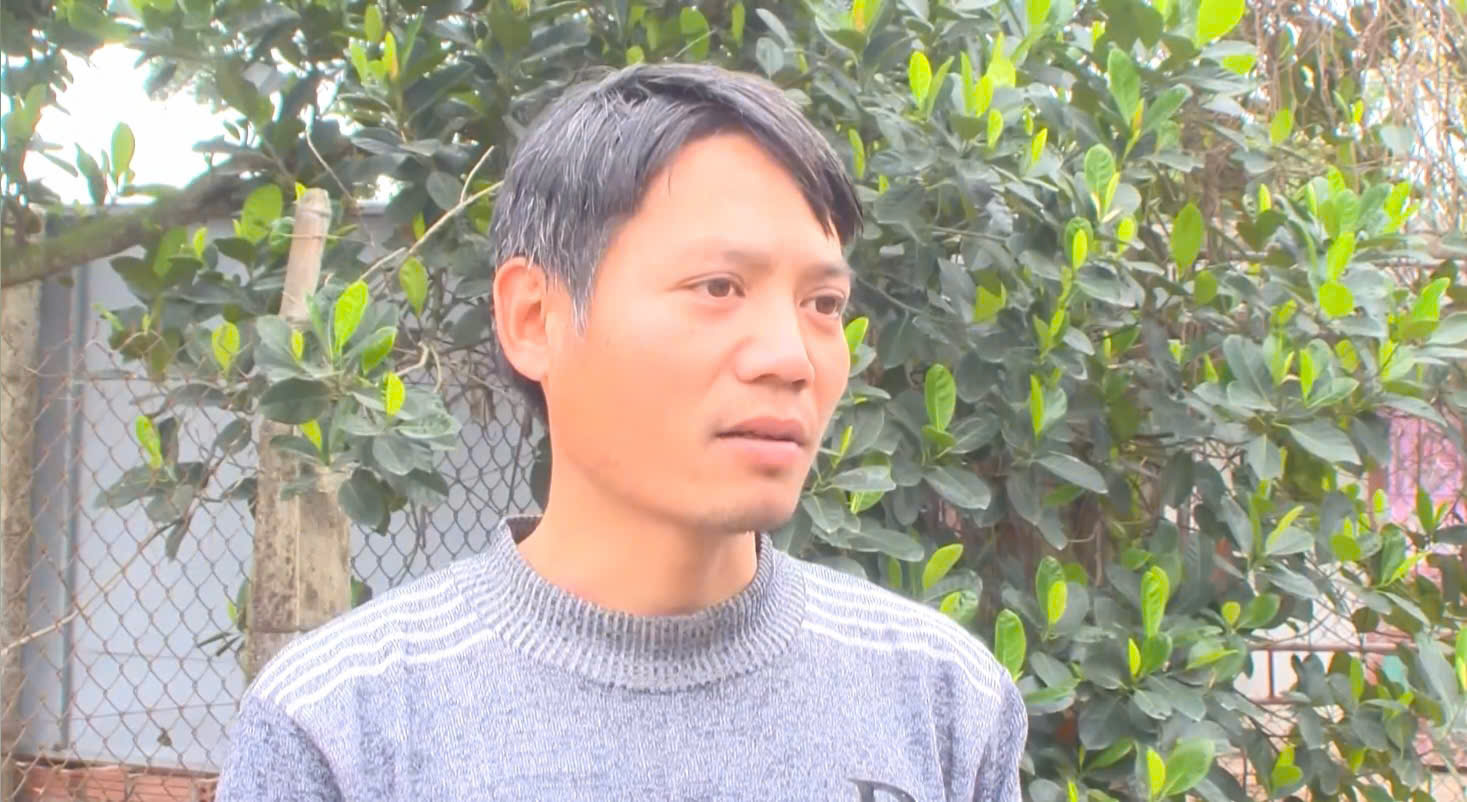 | Mr. Phi Quoc Tuan - Ky Con village, Xuan Quang Dong commune, Dong Hung district: After testing the fermentation technique, I found that the fermented food had a mild sour smell and a light aroma. I mixed a portion of the fermented food with green roughage, and the cattle and buffaloes loved it. My family no longer had to worry about a lack of food for the cattle and buffaloes during the dry season, and we saved a significant amount of money on food investment. |
Currently, in Thai Binh province, the project “Propaganda and mobilization of farmers to treat waste in Vietnam, contributing to the international community’s efforts to reduce greenhouse gas emissions” is being implemented in 3 districts and 9 communes with the number of initially supported farming households being 90. This is one of the important programs, aiming to minimize the impact of climate change, improve farmers’ income and develop sustainable agriculture.
The project focuses on 5 waste treatment techniques, including: Fermenting crop by-products into animal feed. Raising chickens on thick biological bedding. Composting organic fertilizer from crop by-products in the field and Treating stubble with biological products. Raising calcium worms and Raising earthworms. Thanks to these techniques, waste from livestock and crop farming is now recycled, becoming nutrition for farmers' livestock and crops, helping to reduce waste discharge into the environment and helping to regenerate valuable resources from agriculture.
Mr. Le Hong Son - Chairman of Thai Binh Farmers' Association: The Project's techniques are easy to understand, easy to do, effective, do not pollute the environment, reduce greenhouse gas emissions, help farmers take advantage of crop by-products and livestock waste, help save production costs, and increase farmers' income. | 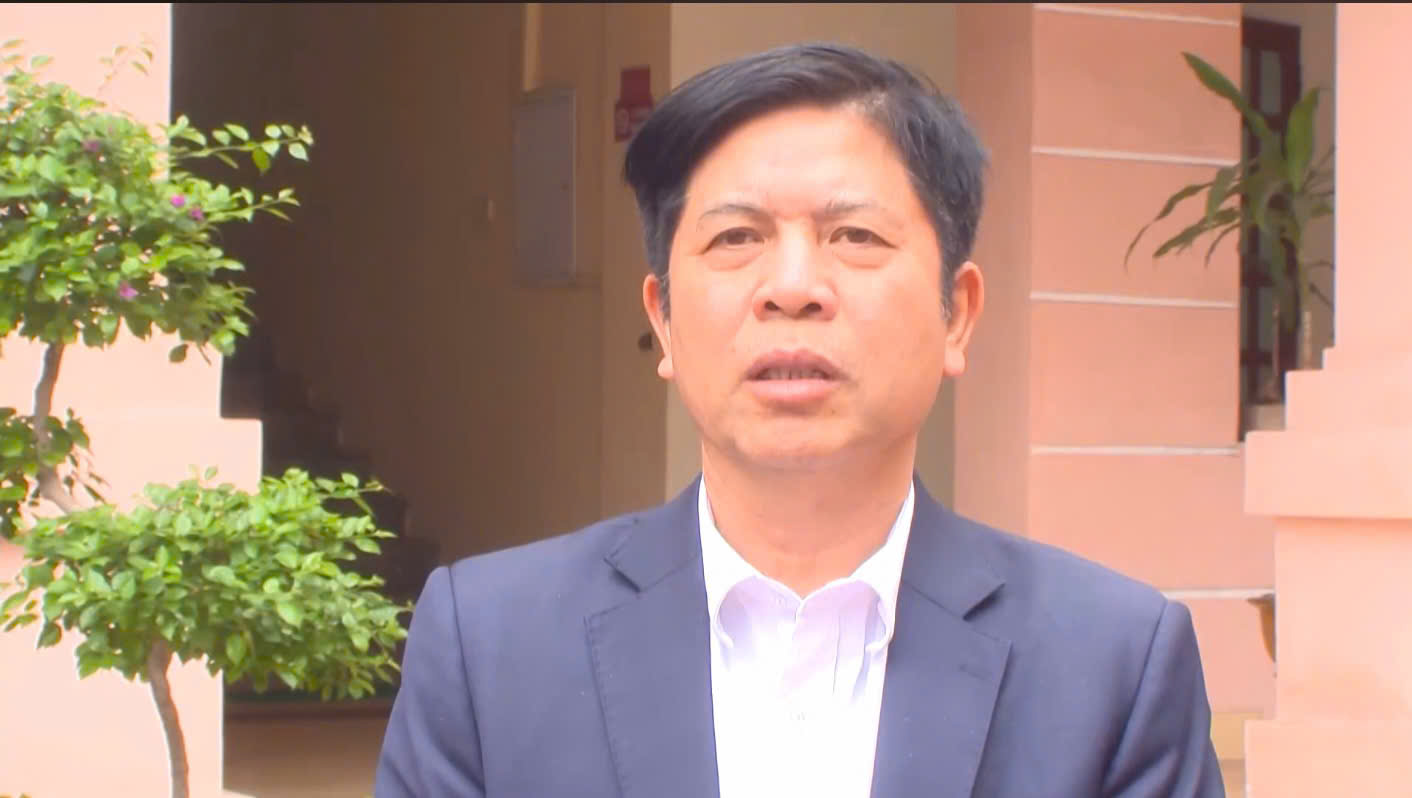 |
Up to now, Thai Binh Farmers' Association has propagated and expanded many more environmentally friendly waste treatment models with a total of 6,138 participating households, 6,286 effective models, 32 training courses, 09 communication events, 06 field trips, exchanges, and learning experiences, with 216 farmer group meetings.
To continue to replicate the organic waste treatment model and promote the effectiveness of the project in the coming time, the Provincial Farmers' Association continues to carry out propaganda and mobilize farmers to change their awareness of applying organic waste treatment methods and protecting the rural environment. At the same time, regularly send technical staff to the commune to guide farmers in applying organic waste treatment techniques. Integrate propaganda activities and replicate organic waste treatment models with programs, activities and association work.
Replicating the organic waste treatment model not only helps protect the environment but also opens up many opportunities for farmers to increase their income, contributing to creating a sustainable future for Vietnamese agriculture - a cleaner, greener, and more sustainable agriculture.
Source: https://thaibinh.gov.vn/tin-tuc/tin-kinh-te/nhan-rong-mo-hinh-xu-ly-rac-thai-huu-co-huong-toi-nong-nghie.html


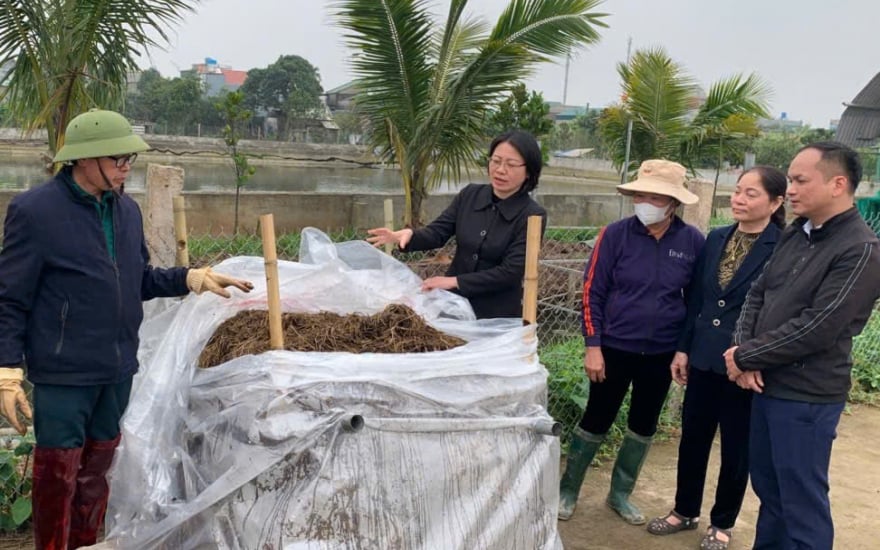
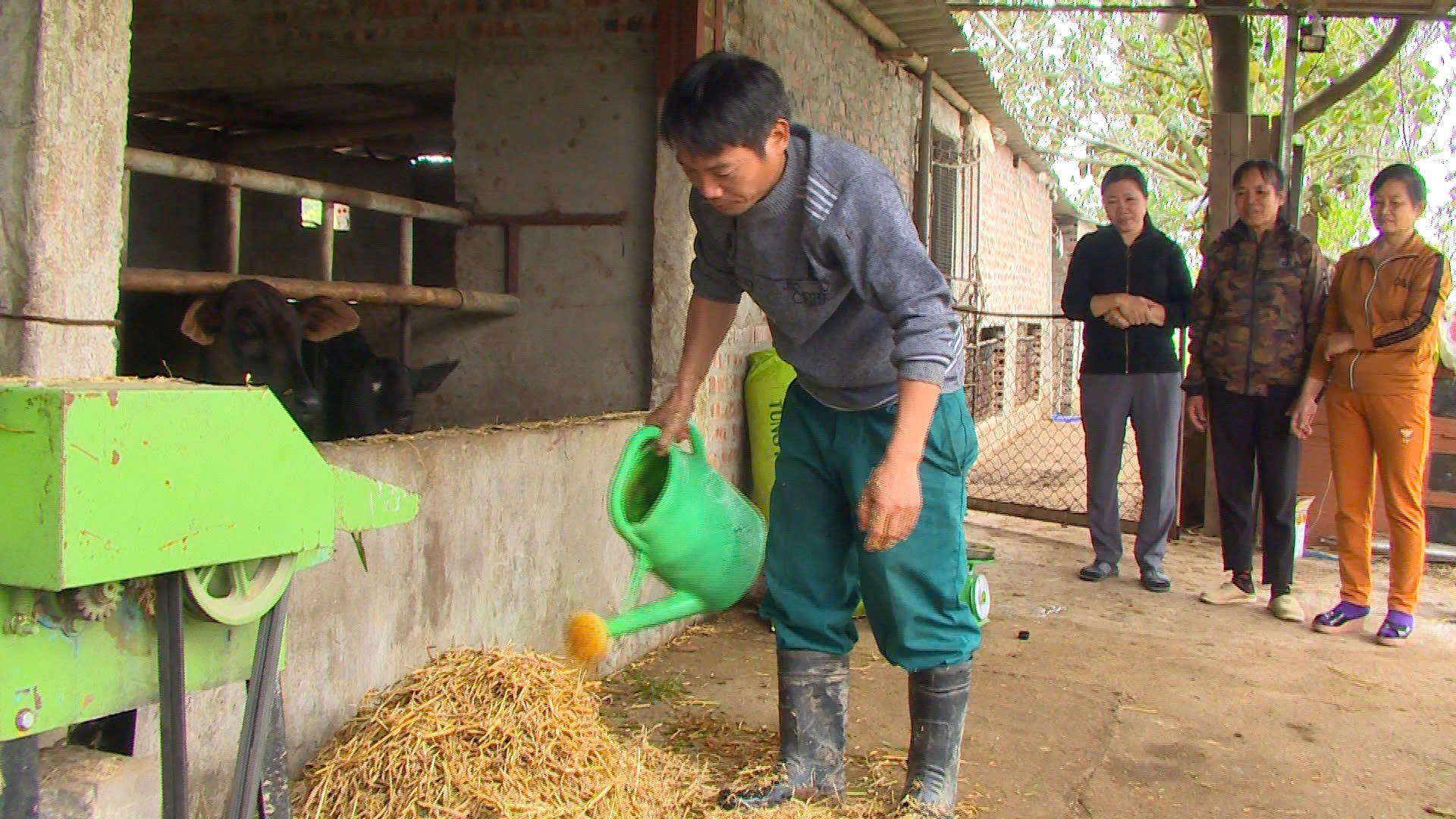






![[Photo] Ministry of Defense sees off relief forces to the airport to Myanmar for mission](https://vstatic.vietnam.vn/vietnam/resource/IMAGE/2025/3/30/245629fab9d644fd909ecd67f1749123)
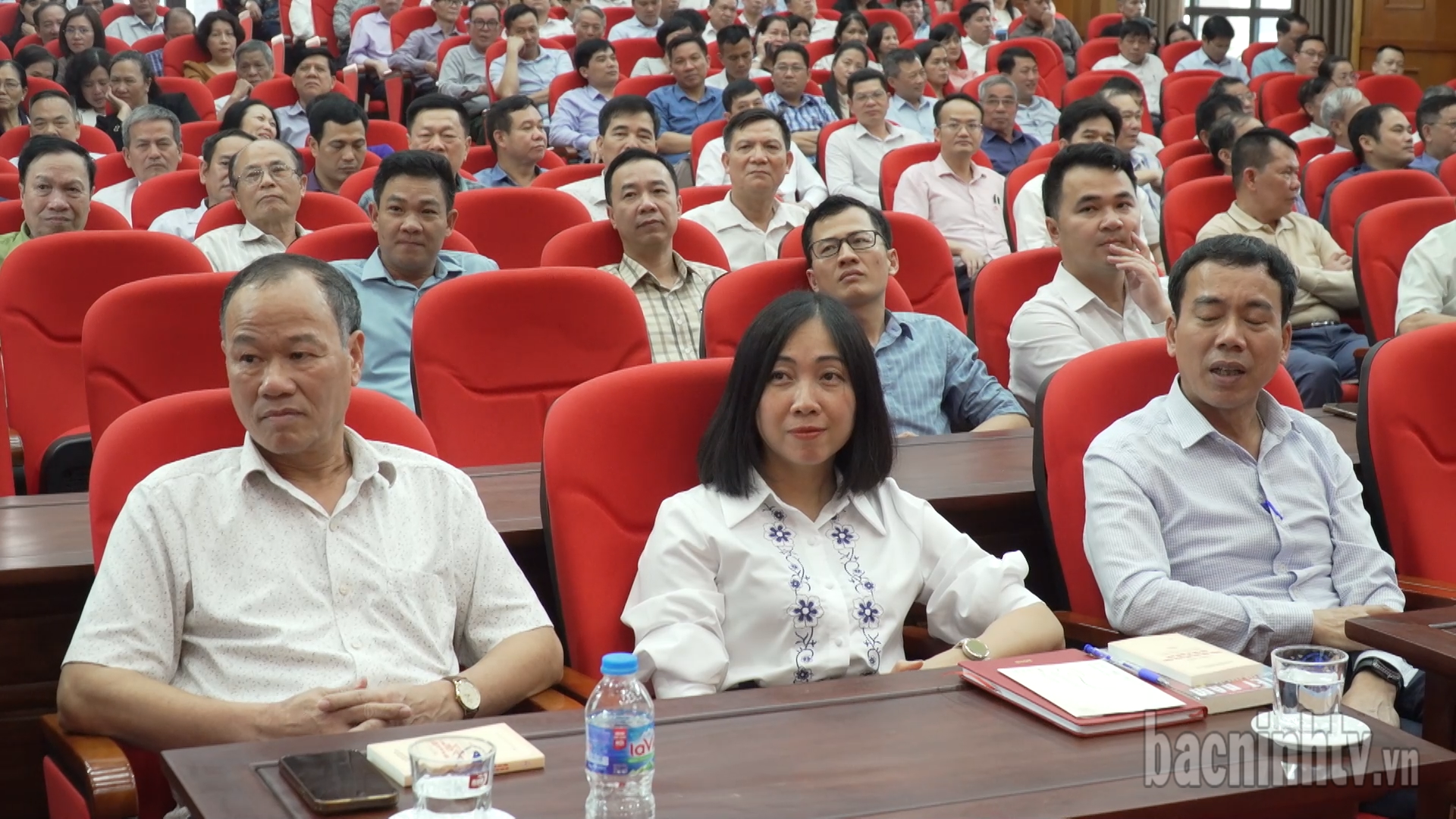

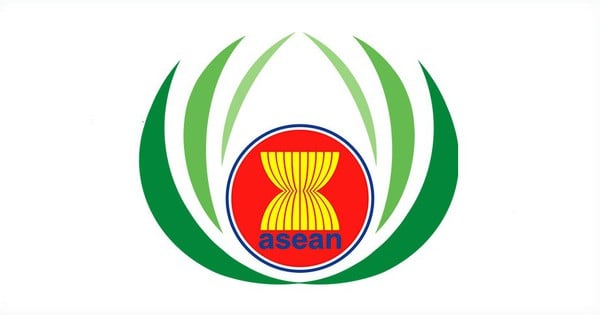
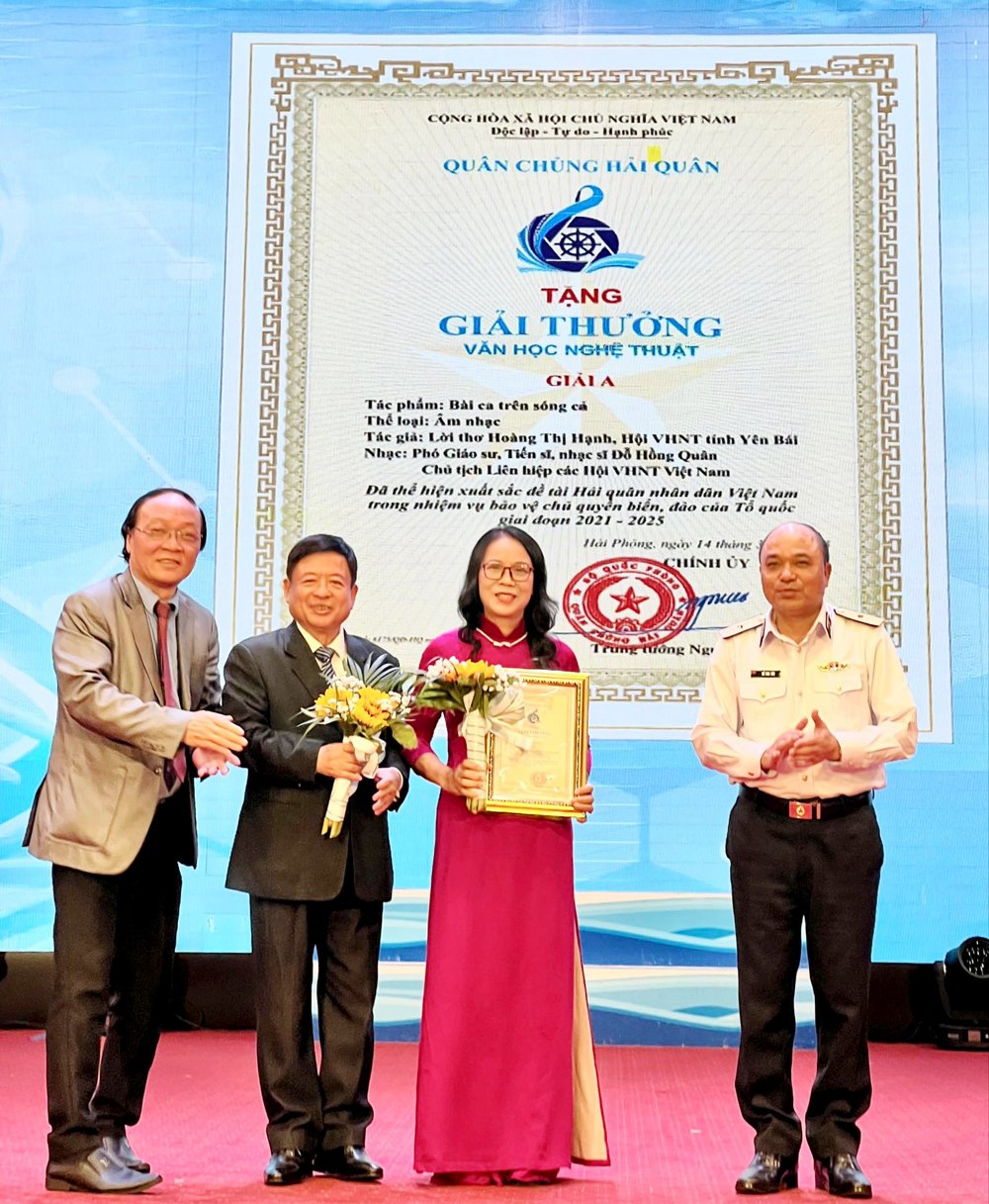
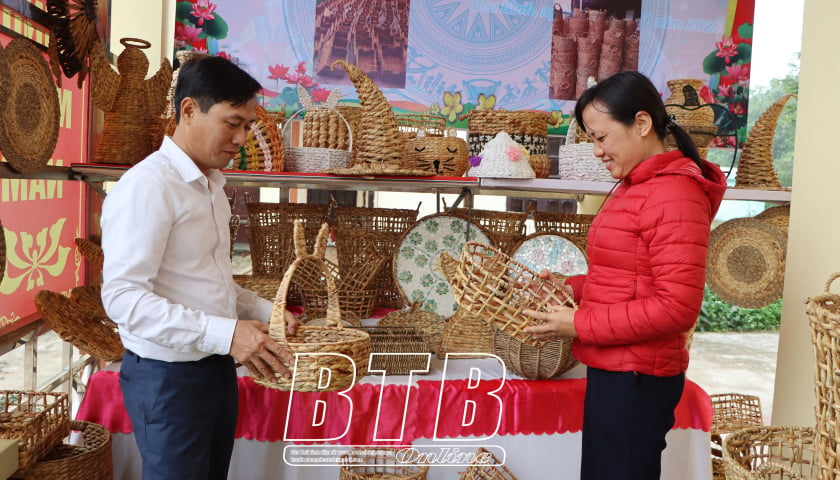
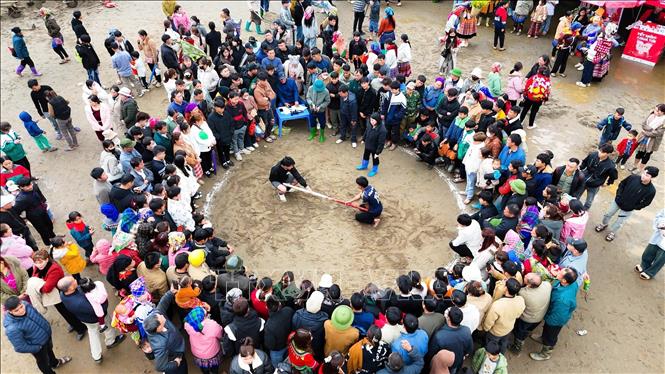




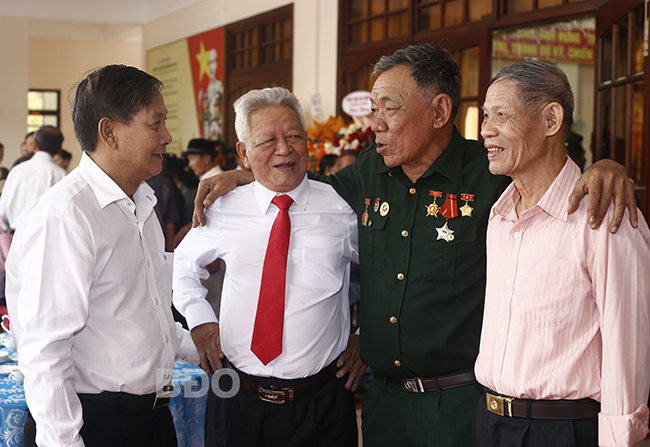


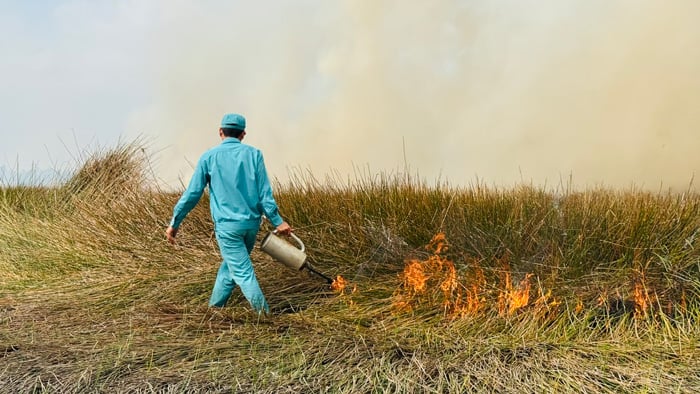
![[Photo] Prime Minister Pham Minh Chinh chairs meeting to remove difficulties for projects](https://vstatic.vietnam.vn/vietnam/resource/IMAGE/2025/3/30/7d354a396d4e4699adc2ccc0d44fbd4f)
















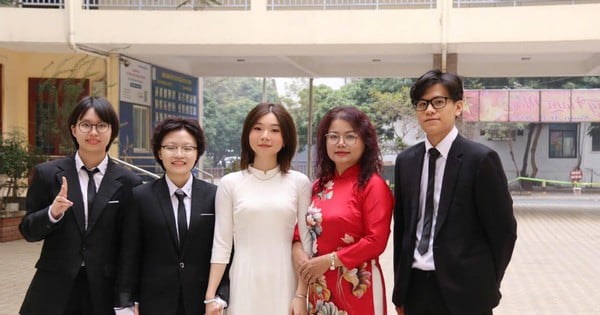

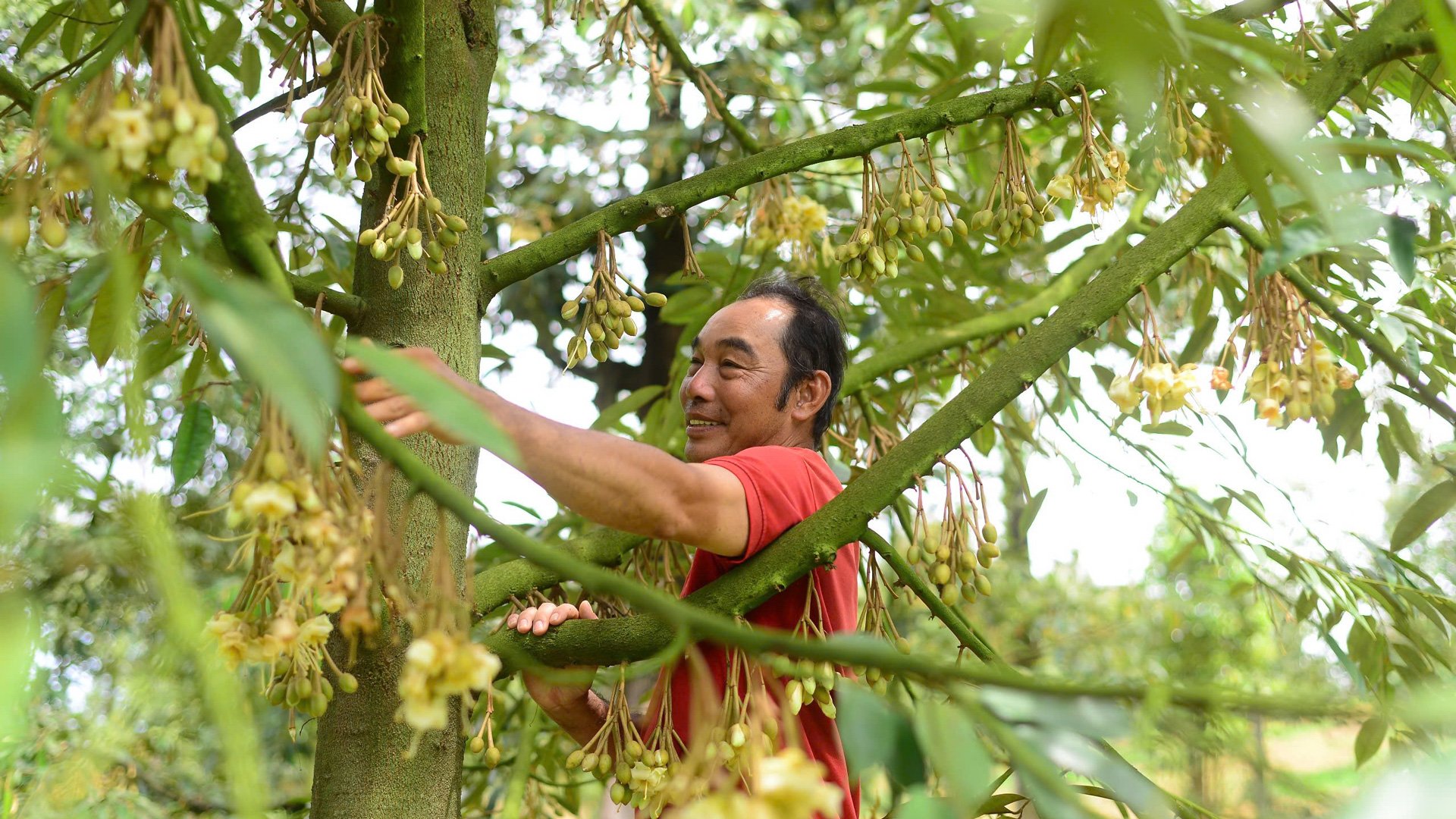



















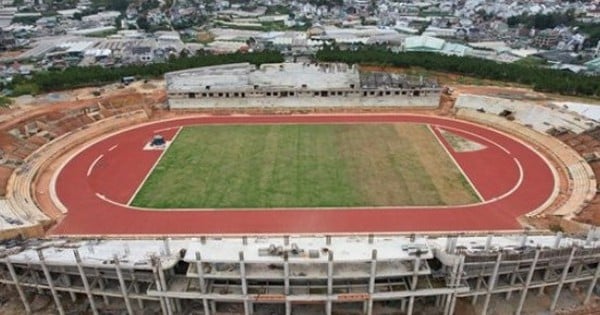


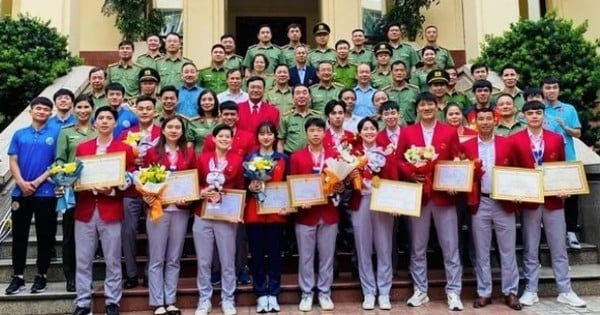
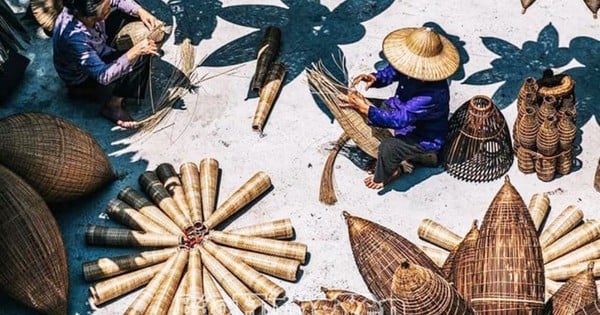
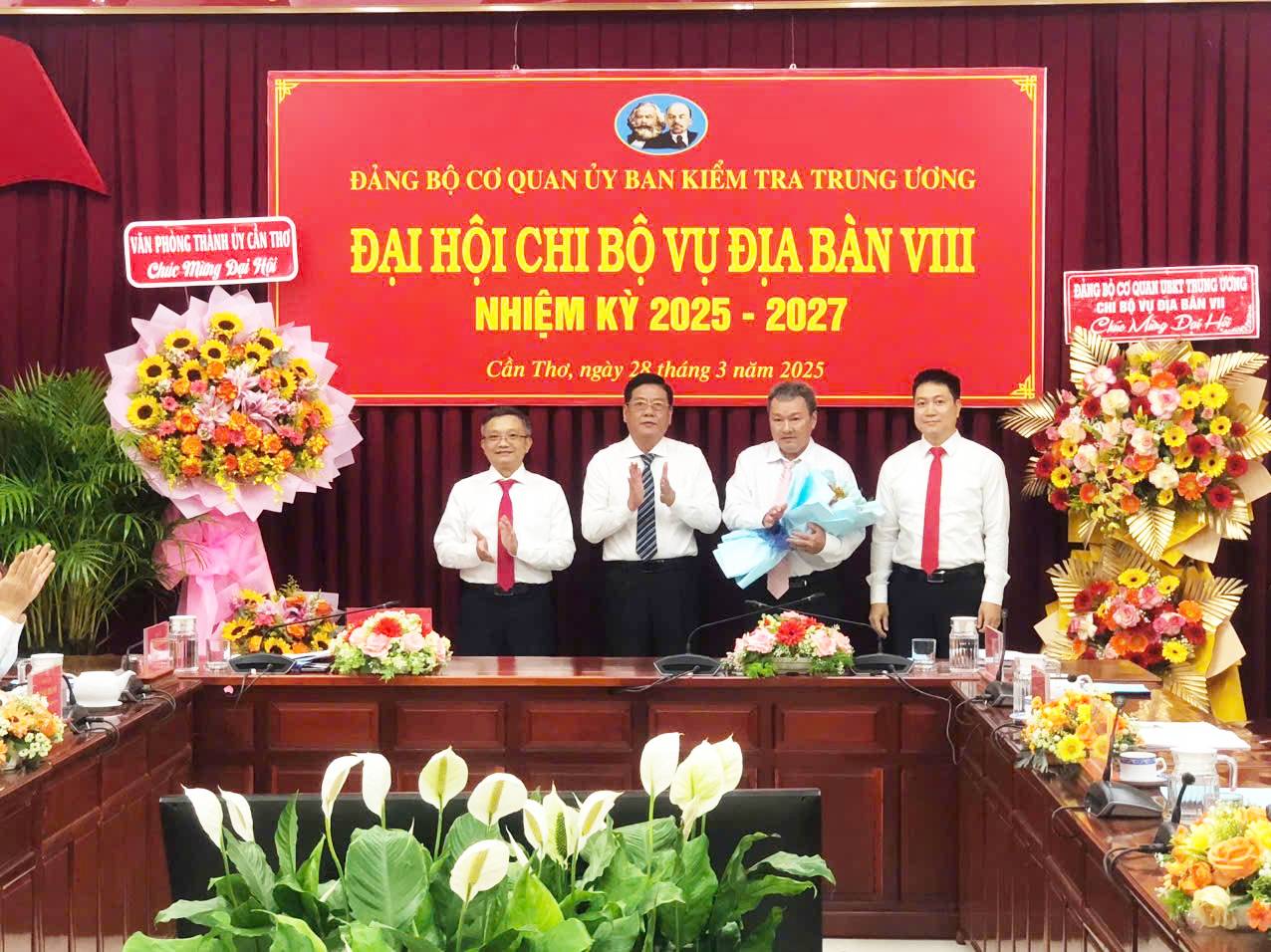

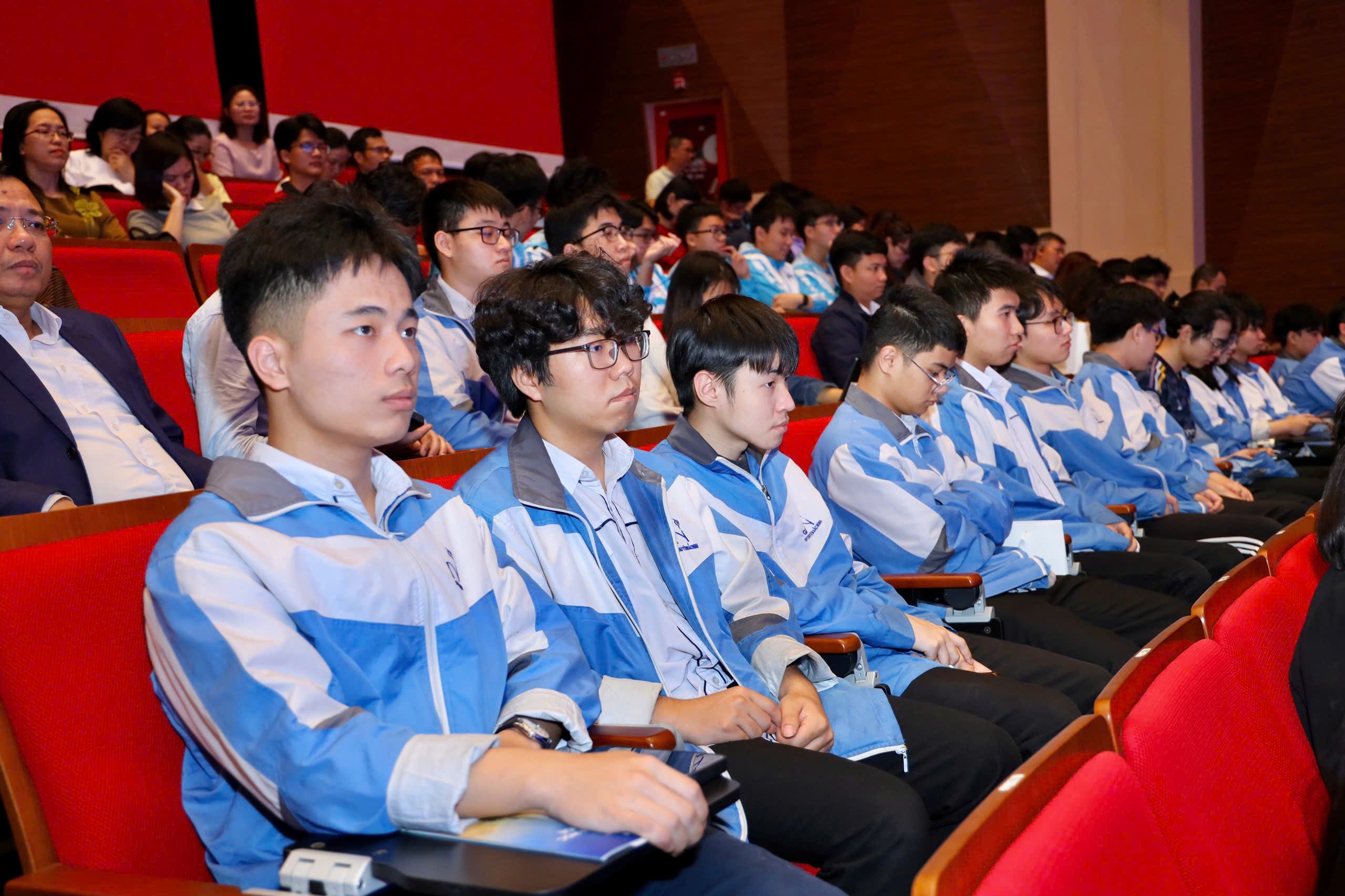

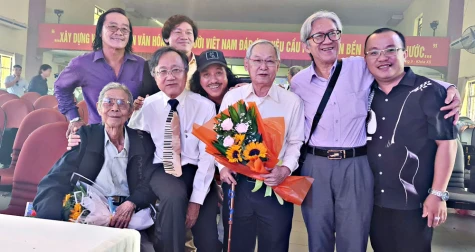

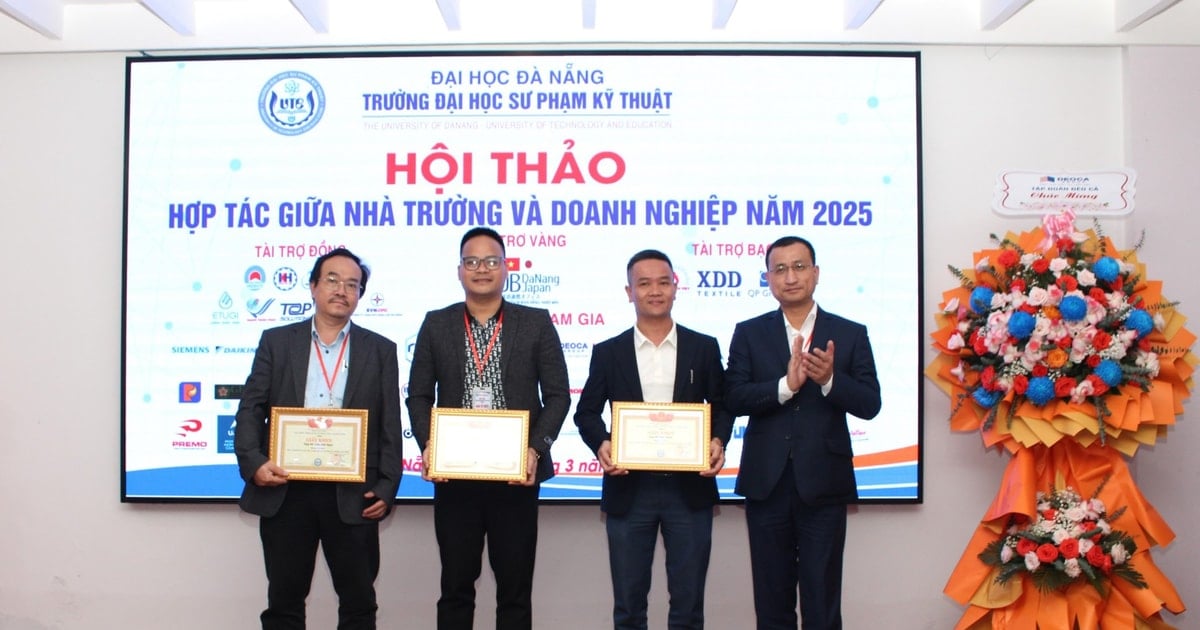

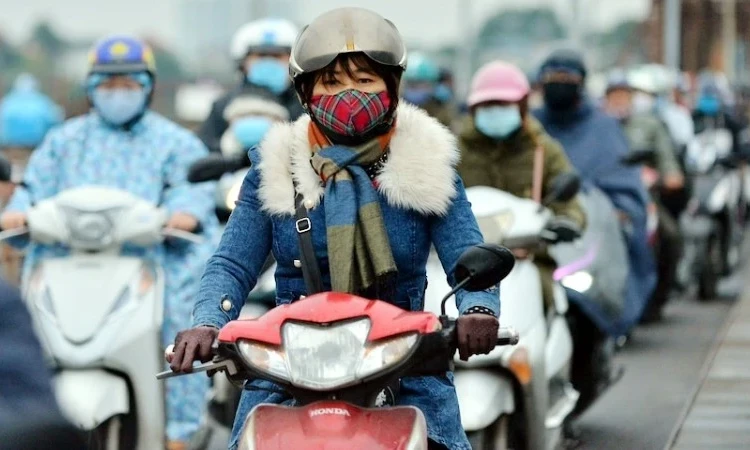

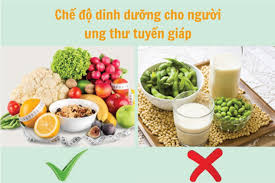









![[REVIEW OCOP] An Lanh Huong Vet Yen Cat](https://vstatic.vietnam.vn/vietnam/resource/IMAGE/2025/3/27/c25032328e9a47be9991d5be7c0cad8c)



Comment (0)